By Geoff Livingston, Capitol Communicator Media Strategist
Last week, both HBO and CBS announced direct download services for independent Internet users. The moves signaled a huge victory for the cable/satellite-free world of Internet video consumers, commonly called cord cutters.
Leslie Moonves, chief executive of the CBS Corporation, said in an interview with the New York Times, “Our job is to do the best content we can and let people enjoy it in whatever way they want. The world is heading in that direction.”
Cable providers are the big loser in the streaming service battle. It was one thing when AMC and PBS offered streamed programming for shows like Mad Men and Sherlock. Further, the high price of such programming on services like iTunes insulated cable providers to some extent.
With mainstay powerhouses starting to offer competing subscription services for as low as $5.99 a month (CBS), cable providers will find themselves facing a competitive market where people with broadband services can simply order video services online al a carte.
Each area of the video services market has a player willing to circumvent the traditional broadcast and cable distribution method. In sports, MLB and the NBA are offering digital-only viewing packages. CBS has broken rank and is the first of the four major networks to offer downloads. And, finally, HBO is the granddaddy of cable-only premium content. Their move to digital downloads signals an imminent and complete collapse of traditional distribution.
The cord-cutters have won. And the Internet has succeeded in democratizing video content so people can pay for what they want and leave the rest.
Impact:
Traditional media powers should not be completely discouraged. At least in these streaming models, content is generating subscription revenue. One cannot say the same thing for most online news services, blogs and magazines.
In addition, advertisers will see new models from streaming service providers, at least ones like CBS. In the case of HBO and other premium services, the fees may be high enough that advertising won’t be needed.
Cable providers are a primary provider of broadband Internet access services. Now we will see if the removal of net neutrality protections will empower cable companies to tax streaming services en masse. Call it a protection mechanism.
Perhaps an even better response would be to offer the same model, letting cable subscribers choose channels on an al a carte basis. We have seen that people will find a way to get the content they want where they want it and when they want it. Otherwise, they will find an alternative.
That is the great takeaway for all communicators. If a significant stakeholder group wants content in a different channel, media form or, yes, a different social network that is not Facebook or Twitter, we’d better meet that need or risk losing them.
Geoff Livingston is Capitol Communicator’s Media Strategist. He also is an author, photographer and founder of Tenacity5.


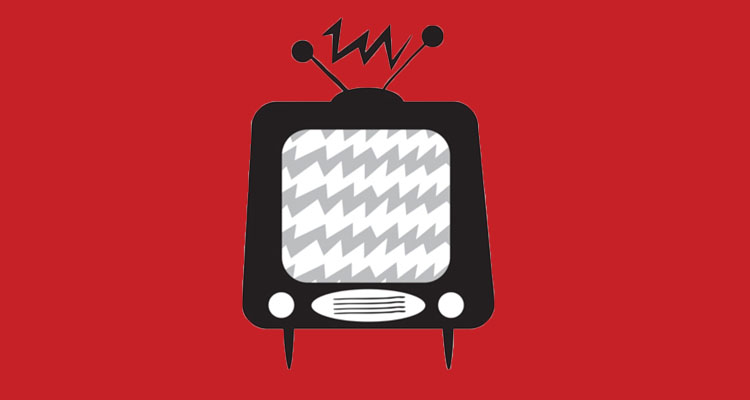



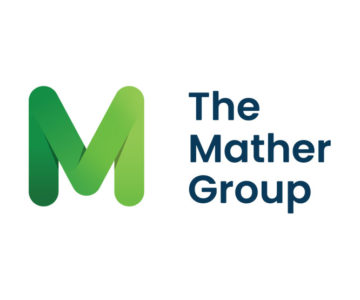















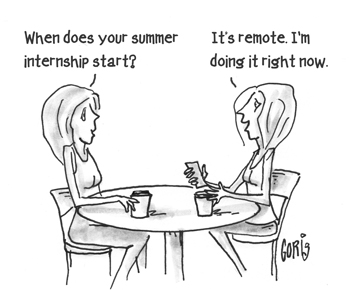
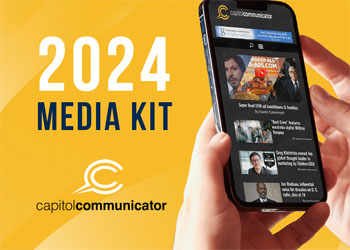
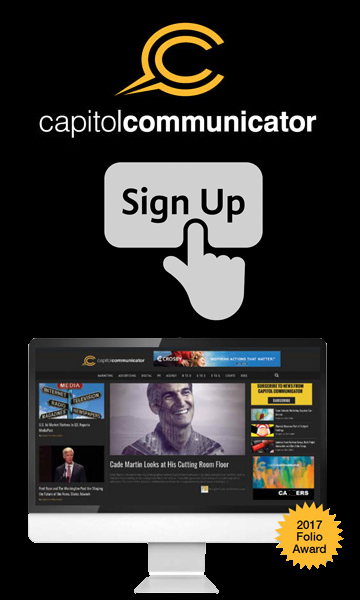
0 Comments